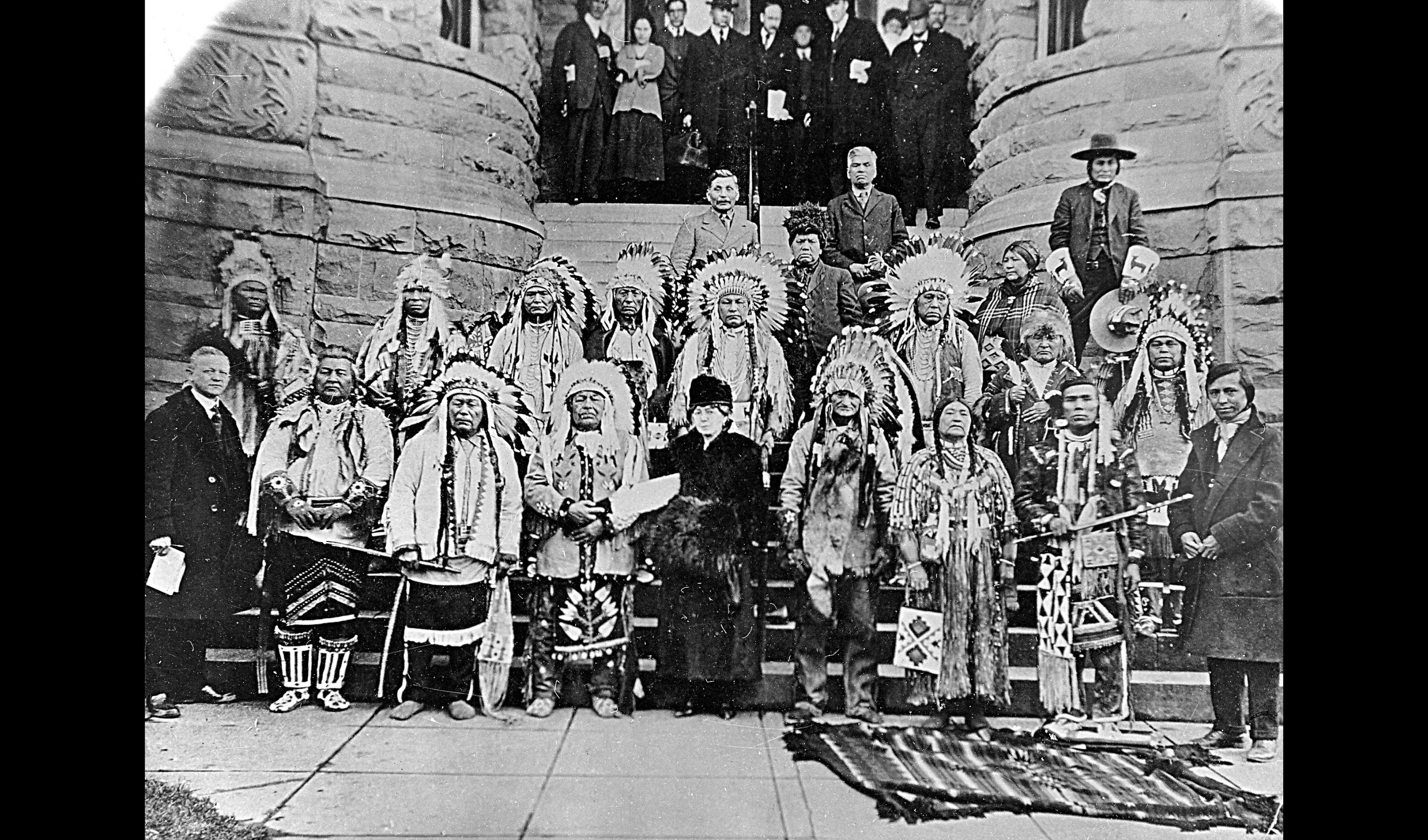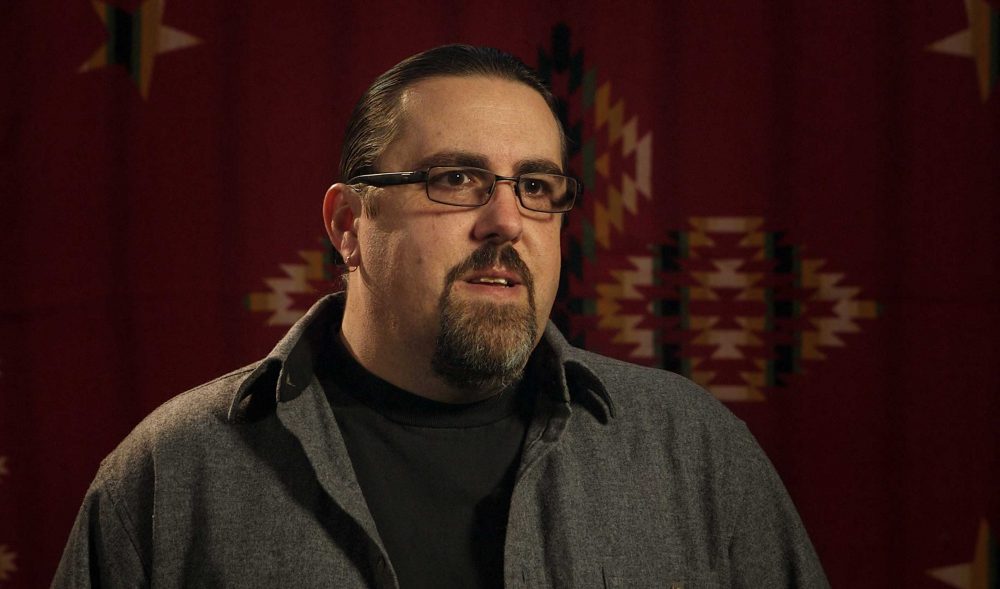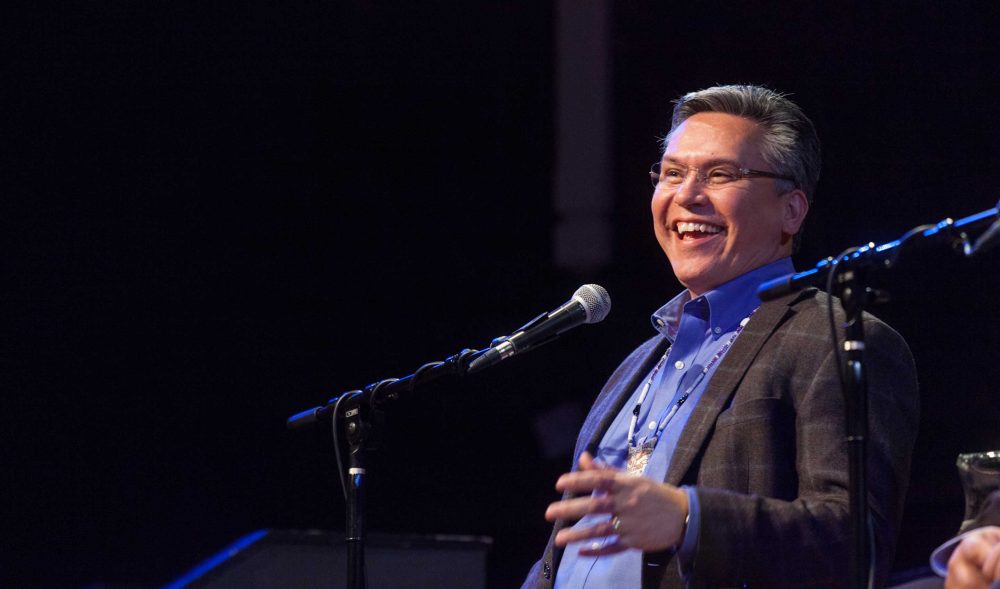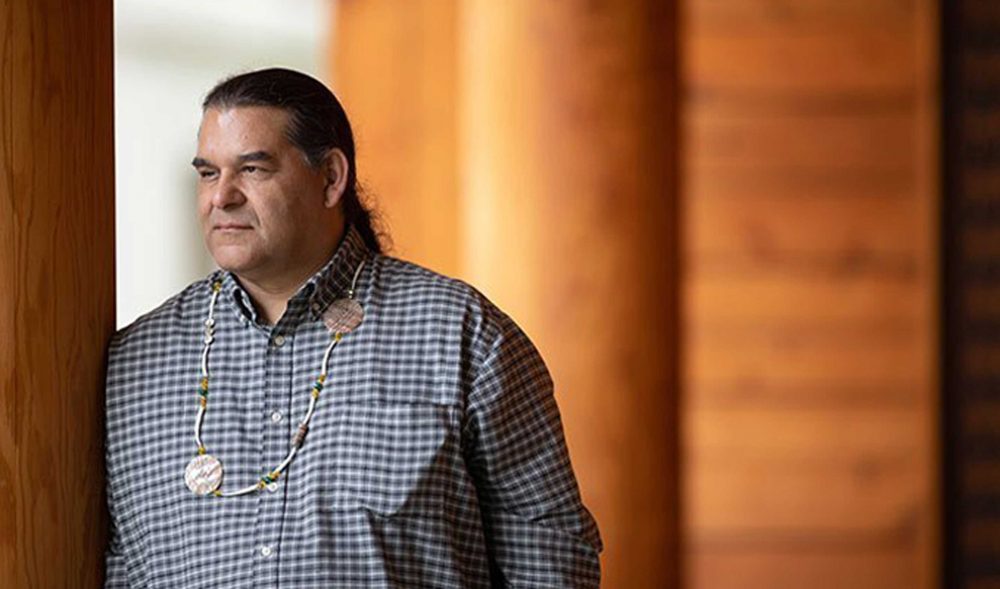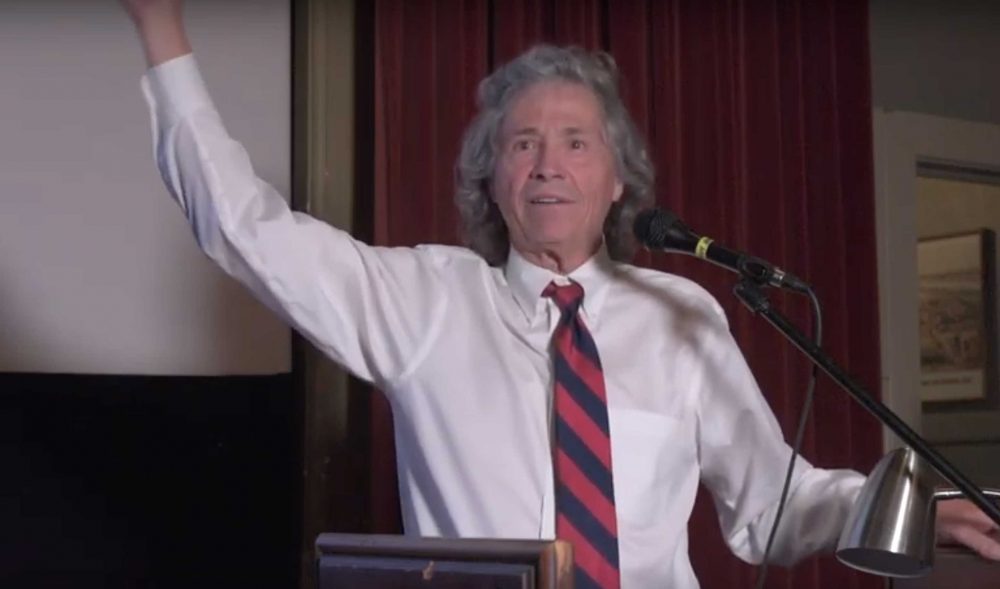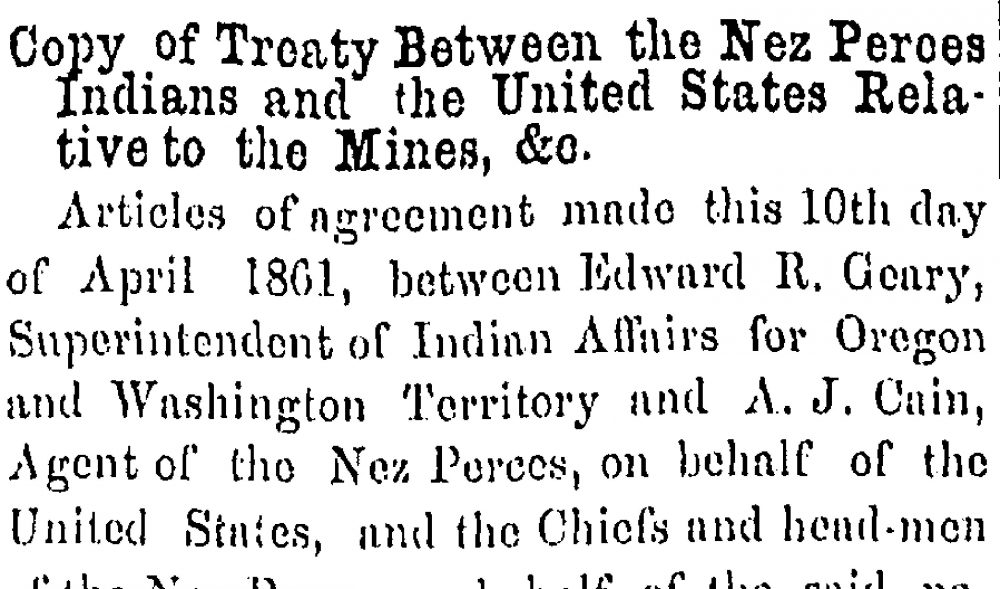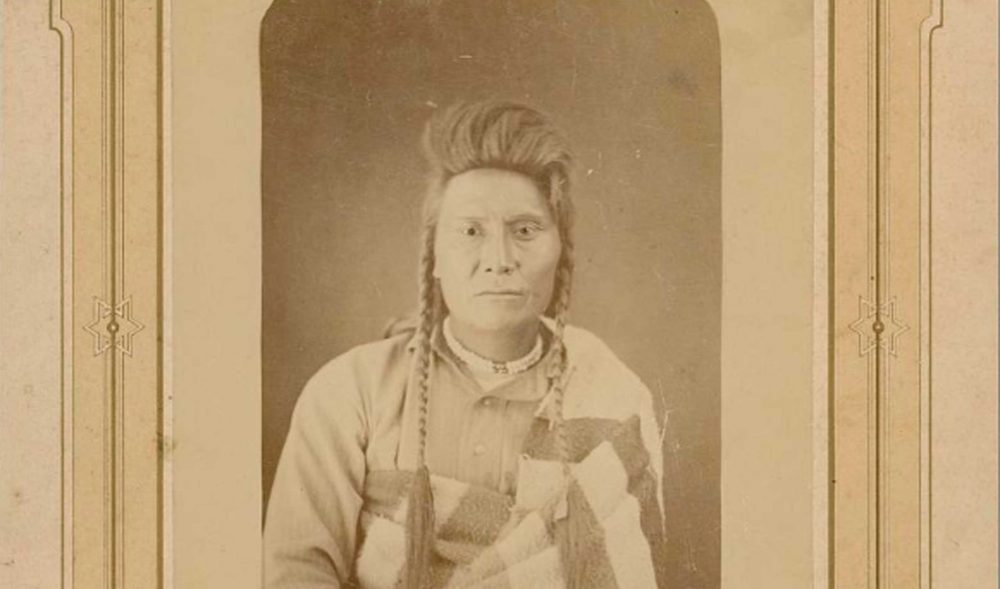Confluence Library
In this episode of the Confluence Podcast, we hear from Antone Minthorn, a respected Elder and leader from the Confederated Tribes of the Umatilla Indian Reservation.
This article reflects upon the vision of Yakama Elders in illuminating a policy pathway while ensuring future generations’ fishing rights at one of their usual and accustomed places.
In this episode, we’re reaching into the Confluence Library to hear an interview with Tony Johnson, the Chairman of the Chinook Indian Nation. He describes how his Tribe has been working for decades to win federal recognition and what it means to him to be Chinook.
Paul Lumley, the Executive Director of NAYA PDX, talks about how treaties are a source of power for tribes, the importance of tribes being in charge of their own science, and the resilence and passion tribes have to maintain their traditions.
In this episode, anthropologist and Grand Ronde historian David Lewis, discusses the loss of land, tribe-settler interactions, the historical context of Grand Ronde’s treaty negotiation, and protecting rights that weren’t guaranteed in treaties.
This talk argues that the Doctrine of Discovery morphed into “American Manifest Destiny” and was used, and is still being used today, to justify the United States’ acquisition of the lands and assets of the Indian Nations and peoples.
A brief summary of the treaties and Acts signed by Presidents Lincoln, Johnson, and Grant in the 1860s and 1870s which affected Native tribes, especially the Nez Perce.
This article contains excerpts from an essay published by Lieutenant C.E.S. Wood, an army officer who watched the Nez Perce and had a personal relationship with Chief Joseph in 1877, on the “Indian Question.”


